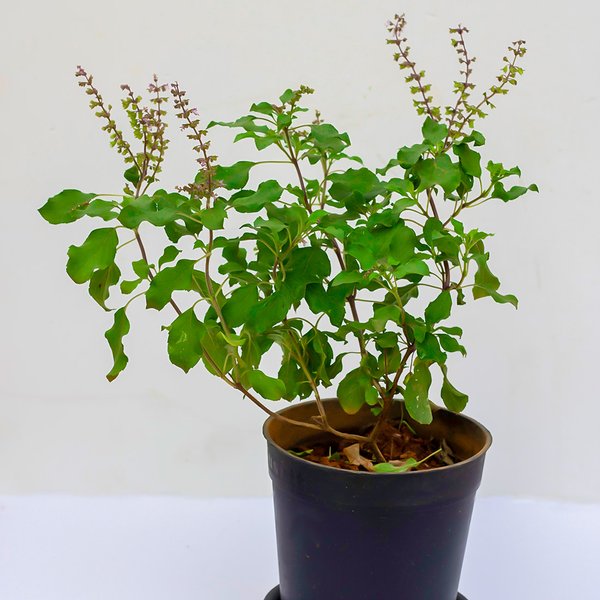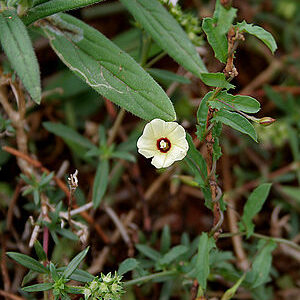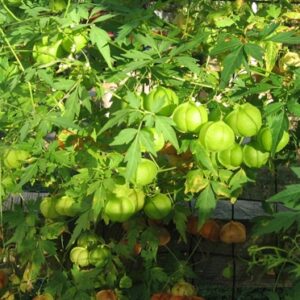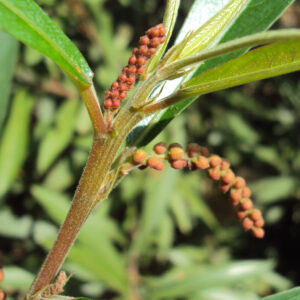Description
SACRED BASIL (OCIMUM TENUIFLORUM)
Ocimum tenuiflorum, commonly known as holy basil or tulsi, is an aromatic perennial plant in the family Lamiaceae. It is native to the Indian subcontinent and widespread as a cultivated plant throughout the Southeast Asian tropics.
Tulsi is cultivated for religious and traditional medicine purposes, and also for its essential oil. It is widely used as a herbal tea, commonly used in Ayurveda, and has a place within the Vaishnava tradition of Hinduism, in which devotees perform worship involving holy basil plants or leaves.
Tulsi (Sanskrit:-Surasa) has been used in Ayurveda and Siddha practices for its supposed treatment of diseases. For centuries, the dried leaves have been mixed with stored grains to repel insects.
USES
Holy basil is used to treat many conditions, including H1N1 (swine) flu, diabetes, the common cold, headache, fever, stress, upset stomach, earache, and more. It has also been used as a mosquito repellant and topically (on the skin) to treat ringworm.







